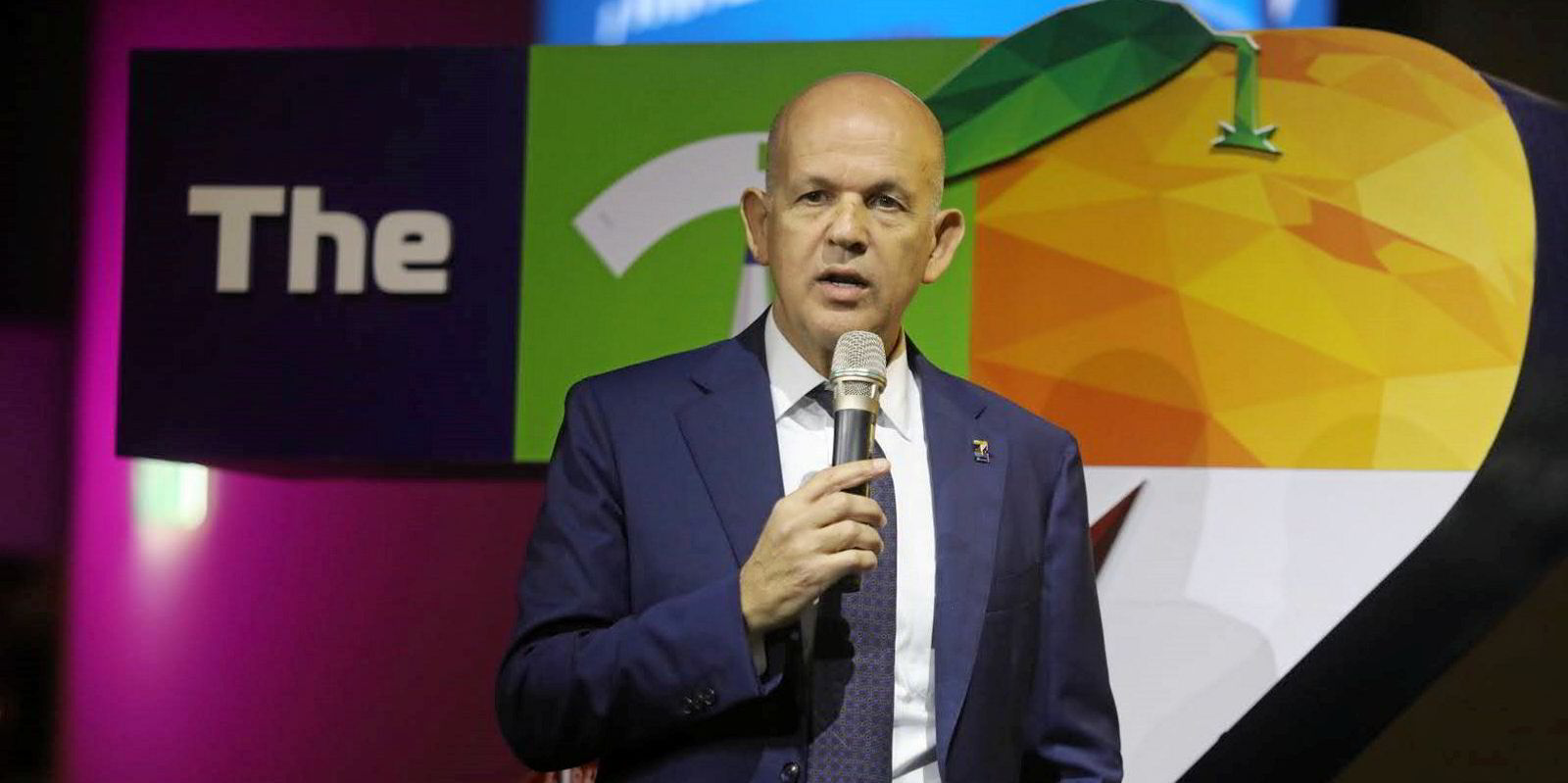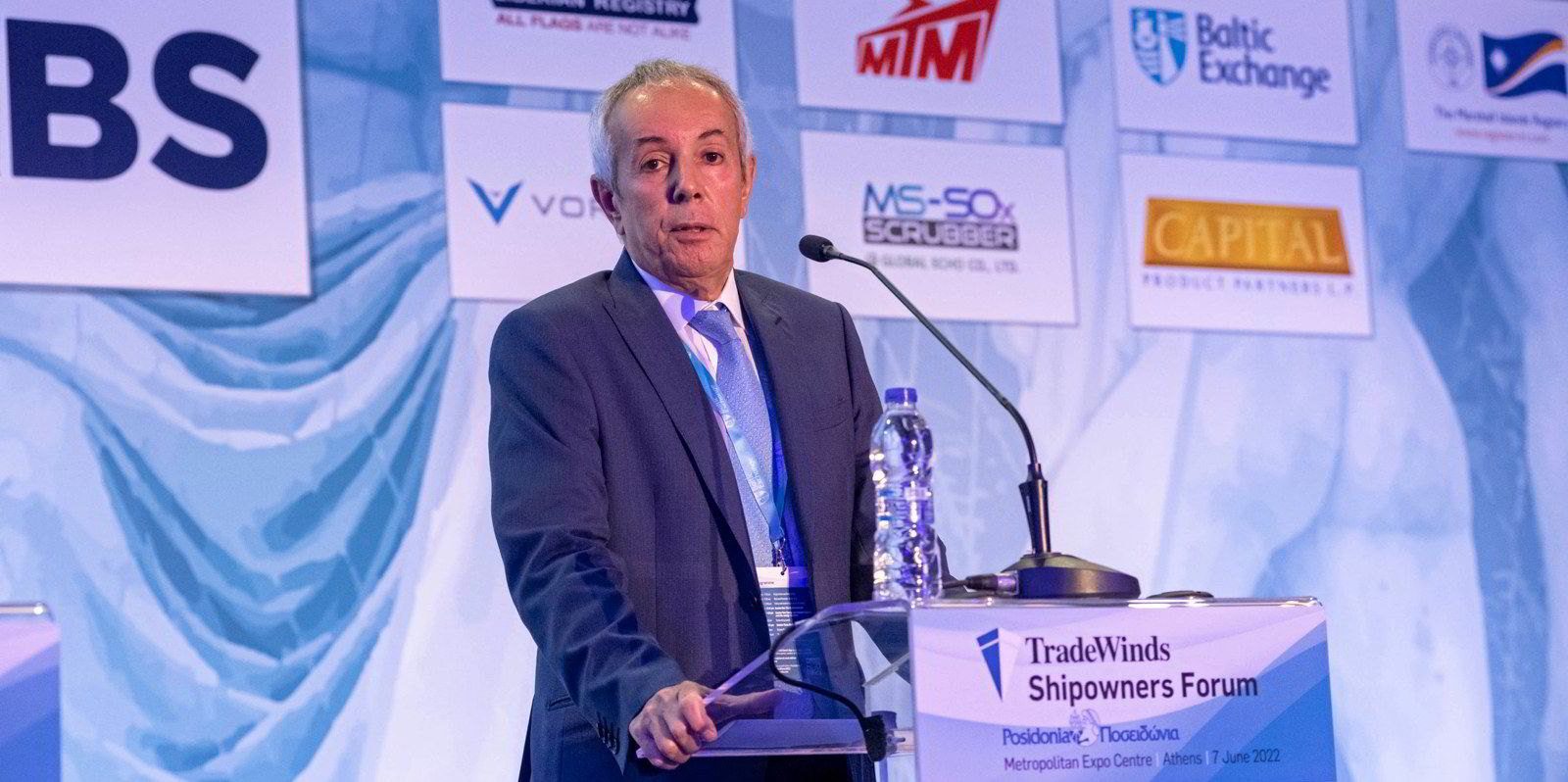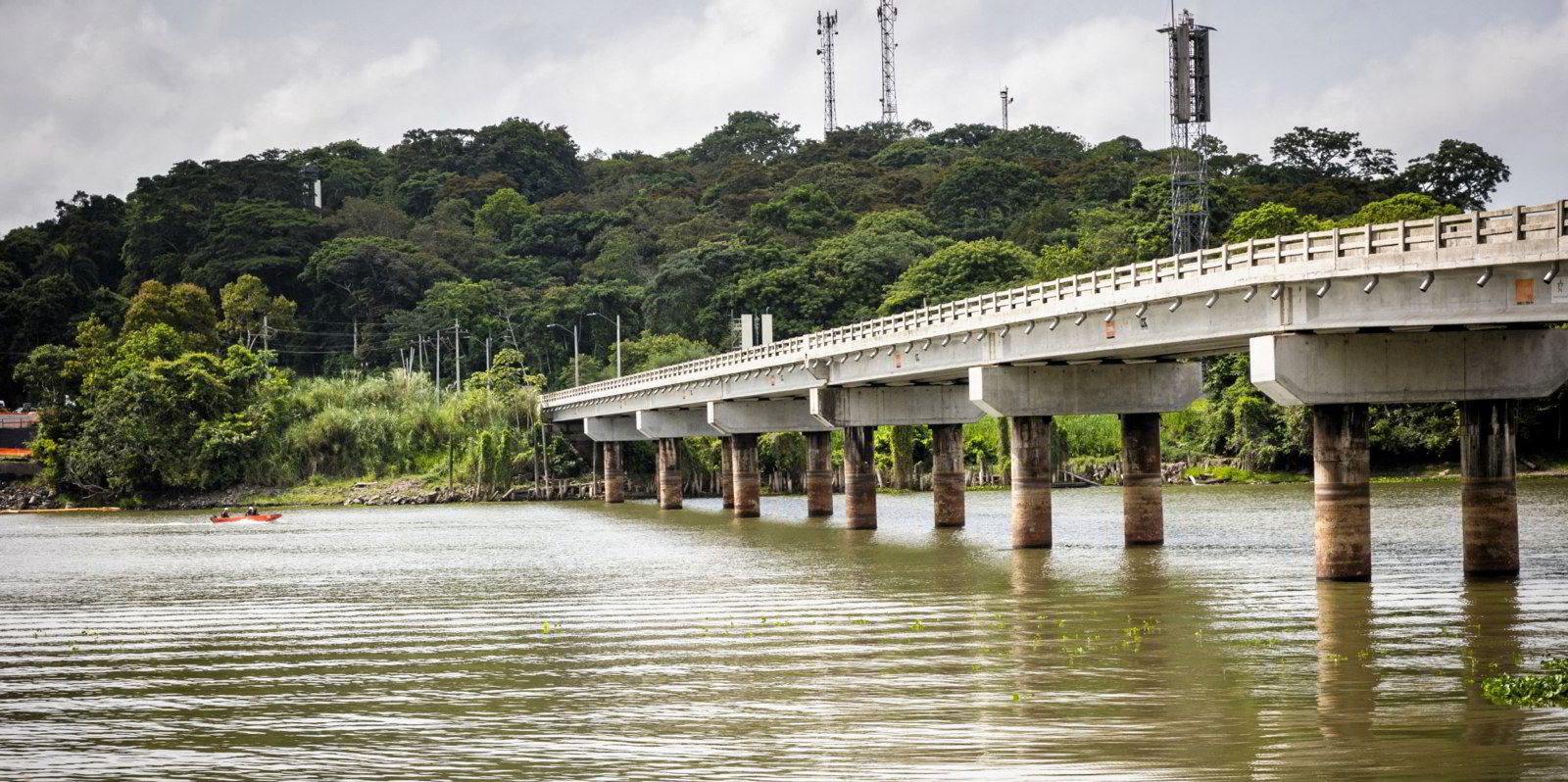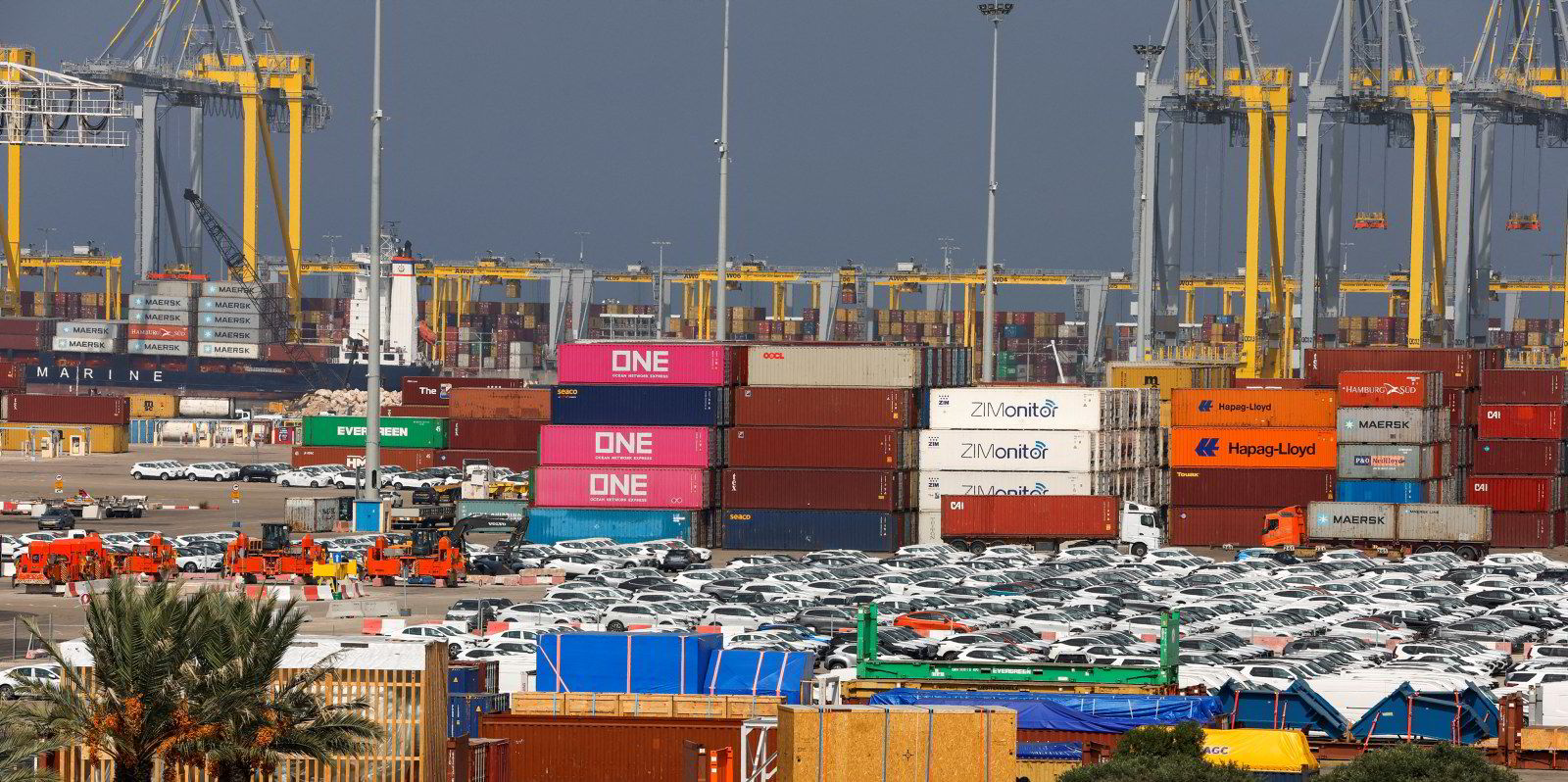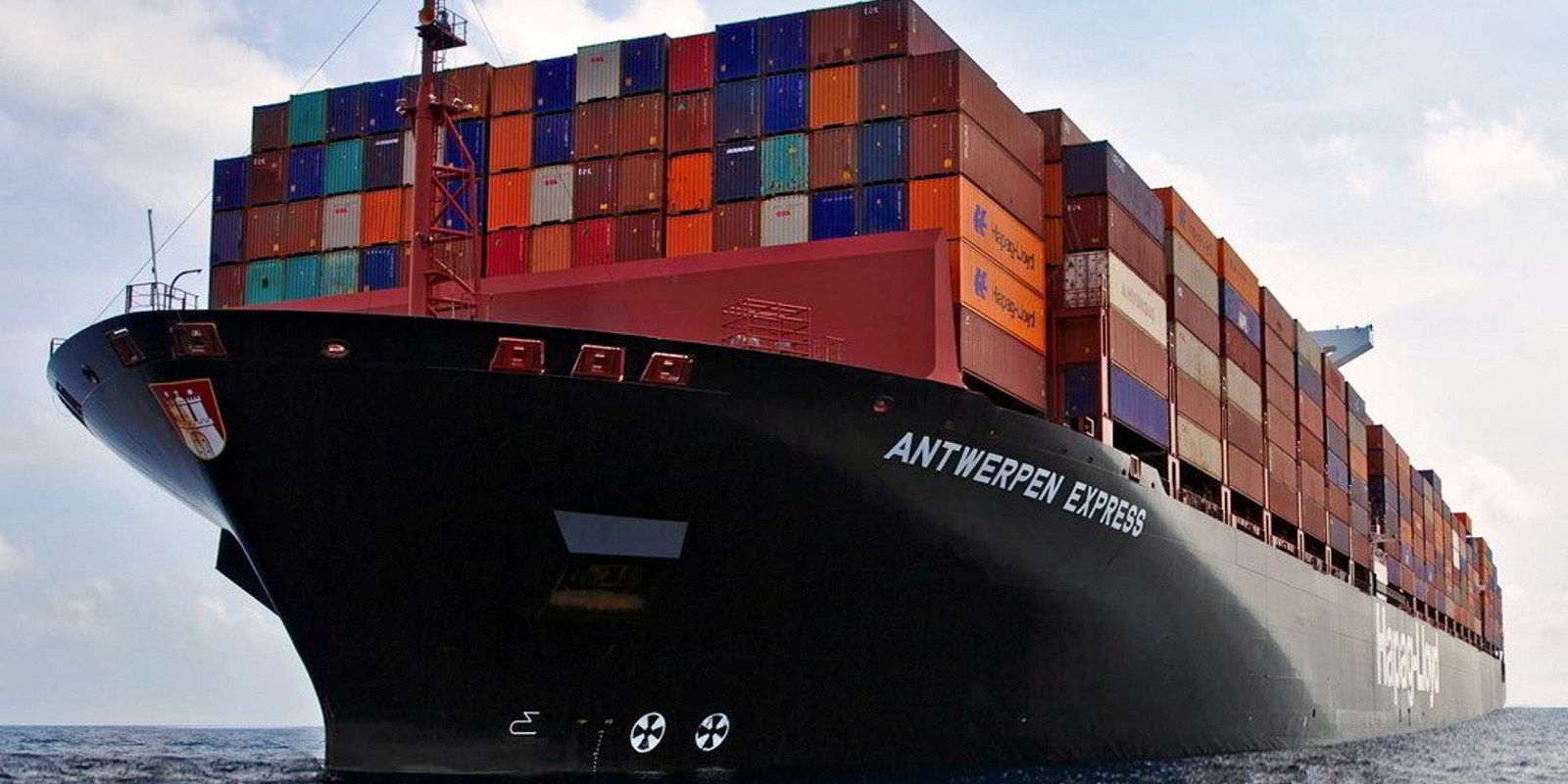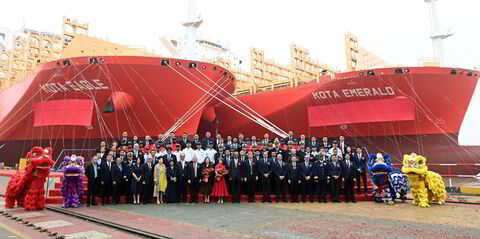Israeli liner operator Zim has logged the largest loss of the container shipping downturn and expects operating losses of up to $600m this year.
The New York-listed, Haifa-based company unveiled a massive net loss for the third quarter of $2.27bn, due primarily to a non-cash impairment loss of $2bn.
The company has also downgraded its full-year guidance and expects an adjusted Ebit loss of $600m to $400m this year.
Eli Glickman, president and chief executive of Zim, said: “Zim’s third-quarter results reflected the current operating environment, as demand remained weak and freight rates continued to deteriorate.”
He added that Zim expects to generate adjusted Ebitda of $900m to $1.1bn this year due to “our negative outlook for freight rates in the near future”.
Previously the company had expected adjusted Ebitda of between $1.2bn and $1.6bn and adjusted Ebit loss of between $500m and $100m.
Adjusted Ebitda for the third quarter was $211m, a year-over-year decrease of 89%.
Adjusted Ebit loss for the third quarter was $213m, compared to adjusted Ebit of $1.5bn in the third quarter of 2022.
Revenues for the third quarter were $1.27bn, a year-over-year decrease of 61%.
Carried volume in the third quarter was 867,000 teu, a slight year-over-year increase, while the average freight rate dropped 66% to $1,139 per teu.
Transition period
Zim management appears confident that the company can weather the storm thanks to the profits of the boom years.
“We believe our ample total liquidity of approximately $3.1bn at quarter-end will enable Zim to maintain a long-term view while we weather prolonged market weakness,” Glickman said.
He added that the company had “initiated significant cost-control measures, rationalised our capacity and adapted our network, with a focus on both maximising our cash position and delivering an exceptional customer experience”.
It has also begun a collaboration with MSC Mediterranean Shipping Company that enhances operational efficiencies and further elevates service levels.
"We are currently in a transition period, which we expect will extend into 2024,” Glickman said.
During that time, he said Zim “should gradually see the benefits of the decisive actions we have taken to enhance Zim’s commercial and operational resilience”.
Glickman referred to Zim’s fleet-renewal programme, which included 46 container ship newbuildings of which 28 are LNG vessels for delivery this year and next.
The company is also redelivering older, more expensive and less-efficient vessels.
Glickman said those measures will “improve our cost structure and drive long-term profitable growth”.
“As we look towards the future, our focus is to emerge from the current downturn in a stronger position than ever,” he said.
“While market challenges may continue in the near term, we expect that the combination of the initiatives we have undertaken and our solid market position will drive profitable growth over the long term.”
